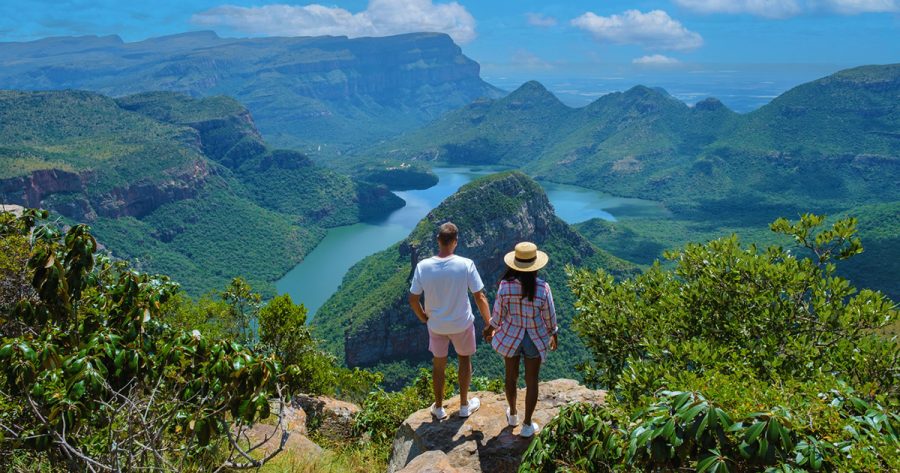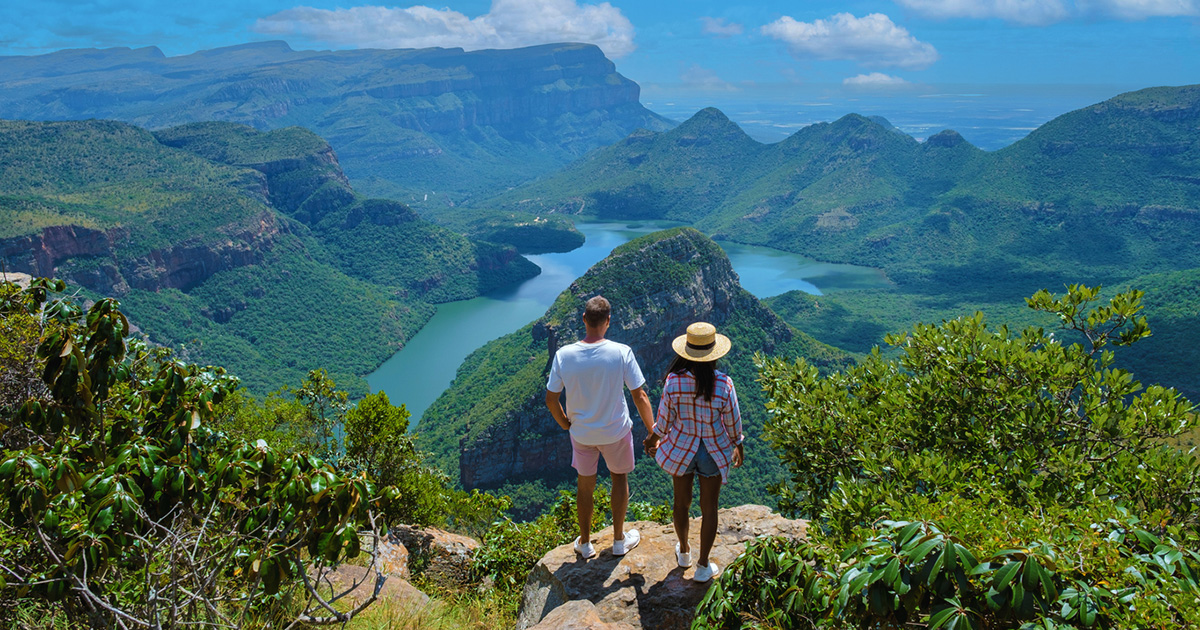
Australia warns travellers to SA about load shedding State of Disaster and crime
Australia today issued a Smart Traveller update to its citizens about travel to South Africa in the face of rolling blackouts (load shedding) occurring throughout the country, and warned this can potentially lead to an increase in crime as well as civil unrest and protests. The update was issued by the Australian Department of Foreign […]

Australia today issued a Smart Traveller update to its citizens about travel to South Africa in the face of rolling blackouts (load shedding) occurring throughout the country, and warned this can potentially lead to an increase in crime as well as civil unrest and protests.
The update was issued by the Australian Department of Foreign Affairs and Trade’s Smartraveller service. It said: “A state of disaster is in place due to ongoing power shortages” and that Australia continues to advise travellers to “exercise a high degree of caution in South Africa”.
Loadshedding can increase crime
The update – which is included in the Smartraveller’s Safety / Crime section – says: “South Africa experiences a higher amount of crime during its rolling blackouts (loadshedding) including at shopping centres.”
The Australian government informs its travellers that the blackouts affect private residences, businesses, municipal lighting, traffic lights, and hotels; as well as water availability, internet connectivity, mobile phone network coverage, fuel availability, residential security features, and food supply.
“Power outages can potentially increase crime,” says Australia’s Smartraveller service. “For example, traffic jams due to power outages provide opportunities for smash-and-grab crime. Residences can be targeted when lights are out and security systems are not functioning. Ongoing conditions have led to increased protests and demonstrations, and in some cases, civil unrest, throughout the country.”
Australians are advised to prepare for blackouts in SA by:
- having a plan in place for communication when there is no or limited power (landline locations, external mobile phone battery/power banks, additional charging cords, hard copies of important numbers).
- keeping several days worth of non-perishable food, drinking water, and other essential items, including medicine and first aid supplies.
- storing torches, batteries, radios and basic tools in quick-access locations.
- identifying safe areas around the city they’re holidaying in, including hotels, hospitals or police stations that may not lose power.
Aussie travellers are advised to monitor local South African media about the electricity power cuts, and follow the instructions of local authorities.
Why aren’t South Africans angrier?
Influential CNN presenter Richard Quest – who recently called South Africa the “most beautiful, friendly place to visit” – was not impressed on his recent visit with the devastating impact of loadshedding… which for a start he said should be called exactly what it is: Power Cuts! “The moment you call it loadshedding, you are dressing it up with a nice bow and giving it a cutesy name,” he told CapeTalk. “This is a power cut. The sort of thing that should not happen in an advanced economic economy. Period.” He also said he does not understand the “lack of outrage” from South Africans. Perhaps because they feel that nothing they say has any impact on their government.
However, President Cyril Ramaphosa – who announced the State of Disaster for loadshedding last week – has vowed that this time the SA government is taking action to put an end to the power cuts. The SA president says he will soon appoint a Minister of Electricity whose sole purpose will be to resolve the loadshedding. South Africans will be hoping that no more time is wasted as loadshedding carries the potential to increase crime and decrease tourism…
Apart from loadshedding, Smartraveller also warns Aussie tourists to SA that crime and violence are “serious issues in South Africa”, with crime rates “significantly higher than in Australia and often involve weapons”.
Apart from crime like robberies and murders, Australian tourists to SA are also warned about:
- the threat of kidnapping across SA, which has included foreign nationals;
- cash-in-transit attacks which sometimes involve automatic weapons (“avoid driving alongside or parking next to cash transit vehicles wherever possible”);
- thieves posing as vendors or beggars that target cars for ‘smash and grab’ thefts or carjacking (“criminals also place debris on roads to stop vehicles. Don’t stop to clear debris”);
- road spiking (“where criminals place spikes on roads to damage vehicles and force motorists to pull over”);
- criminals posing as the Tourist Police force, particularly to ‘check baggage’ on buses. SAPS has no tourist police force.
- hiking alone and advised to only ever hike in groups;
- ATM and credit card fraud – “criminals use skimming devices to copy your card details onto a blank card” and “use spotters to identify victims who have withdrawn cash or made expensive purchases. Be aware of your surroundings”. Scams are common with criminals hanging around ATMs, says the advice, and tourists should not use ATMs that open onto the street, but rather those in banks, shopping centres etc.
- avoiding Numbi Gate (a notorious crime hot spot where a German tourist was murdered near the Kruger National Park last year);
- SA Police’s resources being “stretched” and you “may not get the level of service you would in Australia, especially for less serious crimes such as theft and fraud”.
Australians who’ve been a victim of an online scam are also warned not to travel to SA to try and get their money back as the risk of assault is too high.
Tourists are advised to report fraud and scams to the Commercial Crimes Unit of the South African Police Service in Johannesburg on +27 (11) 970 5300.
